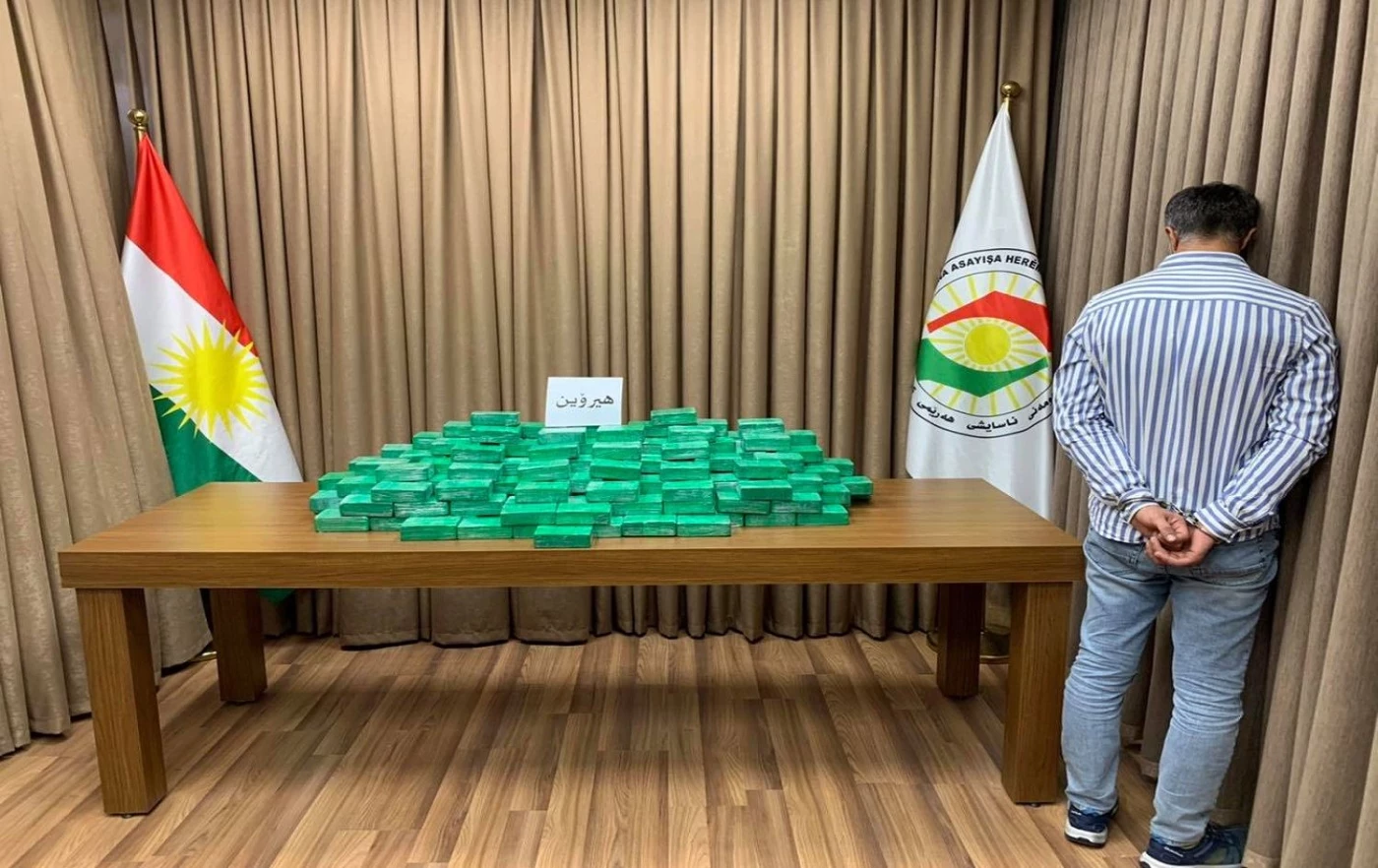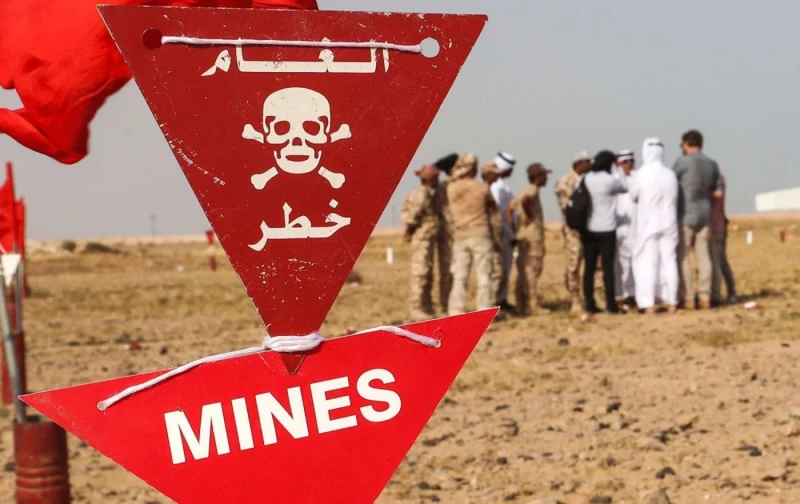An American charity foundation is establishing a rehabilitation center for drug addicts in Erbil.
A delegation from the American Sterling Charity Foundation met with Erbil’s governor Omed Khoshnaw on Monday to discuss the opening of a rehabilitation center in the province.
Khoshnaw pledged "full coordination and assistance from the governorate to the delegation for establishing a treatment center for drug addicts and individuals with mental illnesses in Erbil, describing this initiative as important,” according to a statement from the governorate.
The initiative comes while another rehabilitation center is at the last stages of completion in the province’s Shaqlawa district, and two more centers are also being established in Sulaimani and Duhok provinces.
"The procedures for launching the project of a treatment center for drug addicts in Erbil will start soon,” Khoshnaw confirmed to The New Region.
According to the latest data obtained by The New Region, there are 1,381 people charged with drug use or trade in Erbil’s prisons.
Following the 2003 US invasion, Iraq has seen tremendous increase in drug trafficking and use, despite continuous attempts to combat the phenomenon.
In a 2022 report, the Washington Institute said that prior to the fall of Saddam Hussein, Iraq served merely as a transit route for drugs produced in Iran and Pakistan, but following the war, Iraq has developed into a manufacturer of drugs as well.
Iraqi politicians have previously warned against the rapid increase of drugs in the country.
Despite consecutive government cabinets pledging to fight the drug phenomenon in the country and Prime Minister Mohammed Shia’ al-Sudani having ordered the establishment of rehabilitation centers across all Iraqi provinces, the country’s infrastructure is still too weak to combat the rapid increase in drug use.
Article 27 of the Iraqi Narcotics and Psychotropic Substances Law dictates that any suspect charged with exporting, importing, producing, or planting narcotic substances is subject to either a death penalty or life sentence, leaving no room for redemption.
Prison cells across the country are often seen overcrowded with people. Both drug dealers and users are inseparably squeezed into cells together, with few rehab centers available across the country. This has in turn increased cases of relapse even after one has served prison time.



 Facebook
Facebook
 LinkedIn
LinkedIn
 Telegram
Telegram
 X
X


